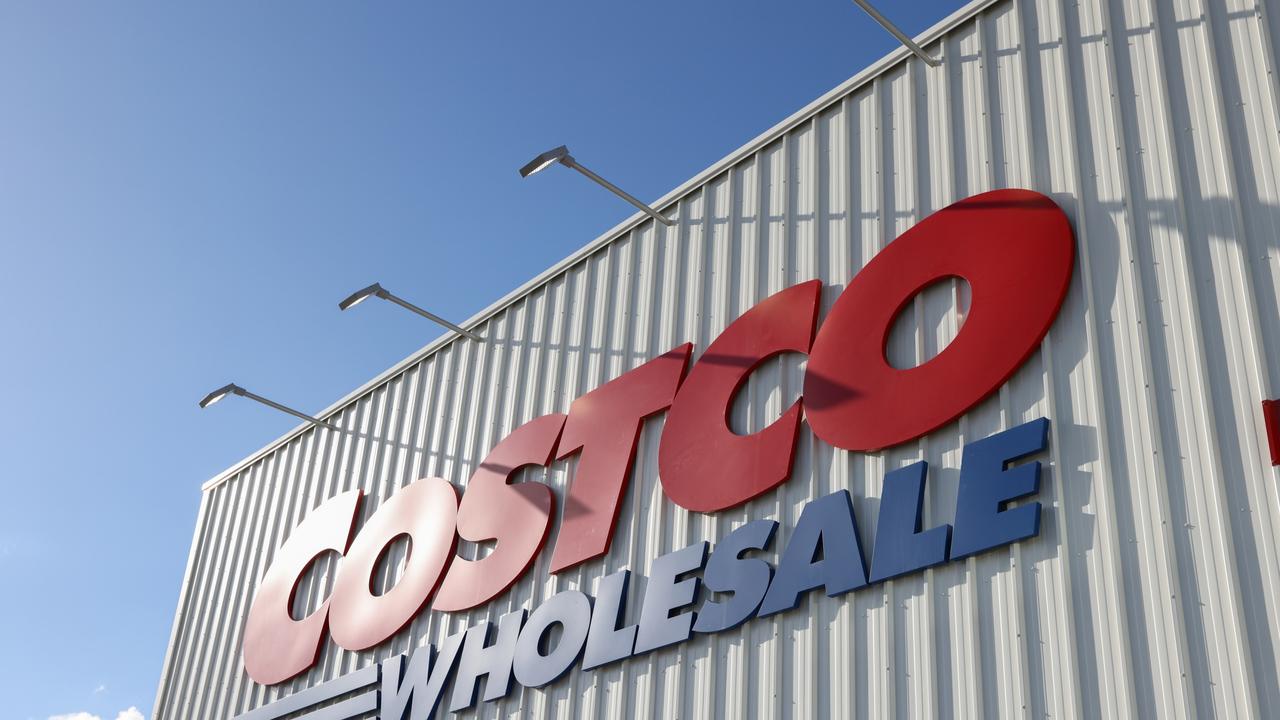Shopping local, drinking more booze, home DIY projects drive Metcash profit surge
Shopping locally, drinking more alcohol and doing DIY projects at home during the pandemic have all driven a retail giant’s profit surge.
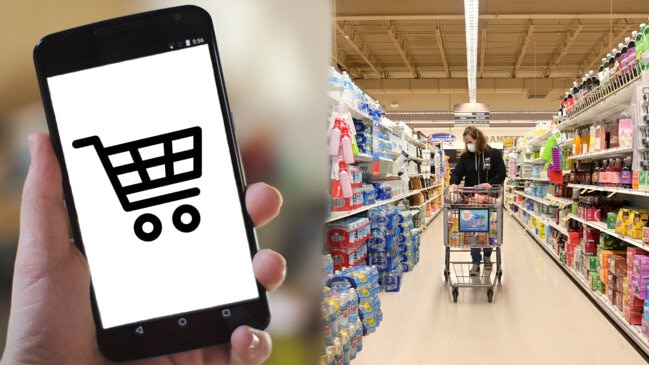
Retail
Don't miss out on the headlines from Retail. Followed categories will be added to My News.
The retail group that owns supermarket chain IGA has booked a far better than expected profit surge driven by consumers moving to “shop local”, cook at home and buy more booze during the pandemic.
Metcash, which recently acquired a majority stake in hardware retailer Total Tools, booked an underlying net profit of $129 million for the six months to October 31 on Monday – up 43 per cent compared with the same period last year.
Chief executive Jeff Adams said the conglomerate had experienced unprecedented sales growth, with all areas of the business performing “exceptionally well” as they adapted quickly to the challenges of COVID-19.
“It was pleasing to see our retailers continuing to invest in growing their businesses, including new stores and refurbishments despite challenging circumstances,” Mr Adams said.
“Our retail banner groups are ideally positioned to continue benefiting from the change in consumer behaviour to more ‘local’ shopping.”
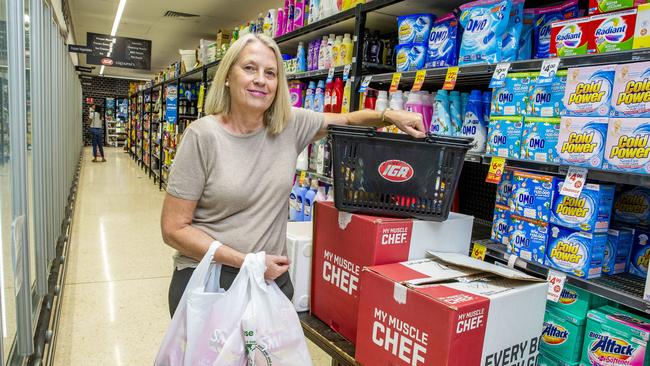
The supermarkets had higher foot traffic and average basket size during the period, and the group also benefited from elevated demand for hardware as customers did DIY projects at home.
Metcash is also behind liquor chains Cellarbrations, The Bottle-O and Thirsty Camel and said high levels of demand across retail stores more than offset the adverse impact of trading restrictions on “on-premise” consumption.
The wholesale distribution group said its Total Tools acquisition during the half year had diversified its earnings base and provided growth opportunities.
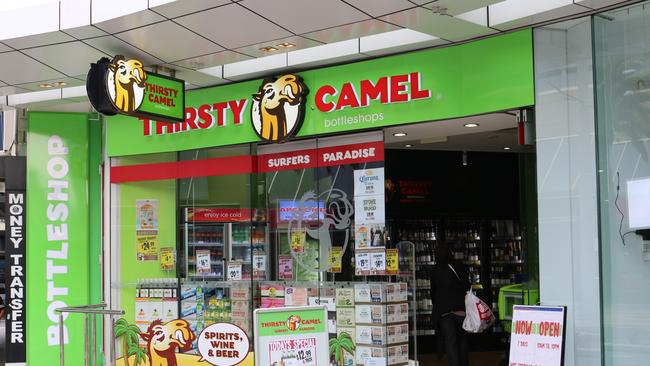
Wealth manager Citi said the result was far ahead of its forecasts and was bullish about the Total Tools purchase.
“Metcash’s net cash balance sheet facilitates acquisitions, with a $40 million facility in place to increase JV (joint venture) stores from two to 14 by December 2020,” Citi said.
“Further opportunities exist beyond this, with 72 additional independently owned stores in the network.”
Expanding the hardware business would likely drive higher earnings as supermarket sales moderated, Citi said.
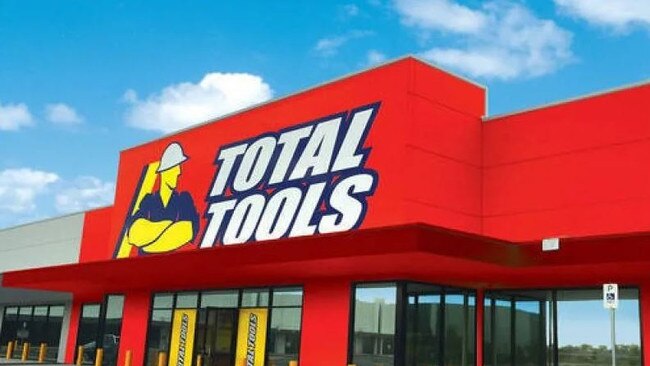
Metcash lost its contract to supply Drakes supermarkets in South Australia in September last year, while its deal with 7-Eleven ended in mid-August, but profits from food sales have still grown.
Mr Adams said the group had enjoyed a good start to the second half of the financial year, with strong sales momentum continuing across all businesses in the first five weeks of trading, which it expects to continue over the Christmas and New Year period.
He said Metcash was particularly well positioned to service high demand in South Australia, where it opened a new purpose-built distribution centre earlier this month.
Originally published as Shopping local, drinking more booze, home DIY projects drive Metcash profit surge

